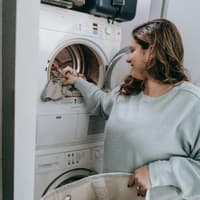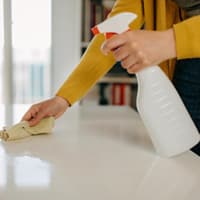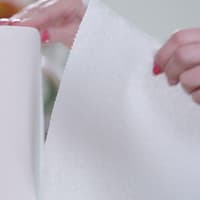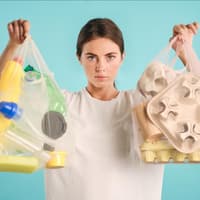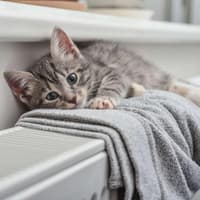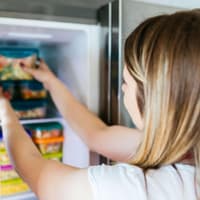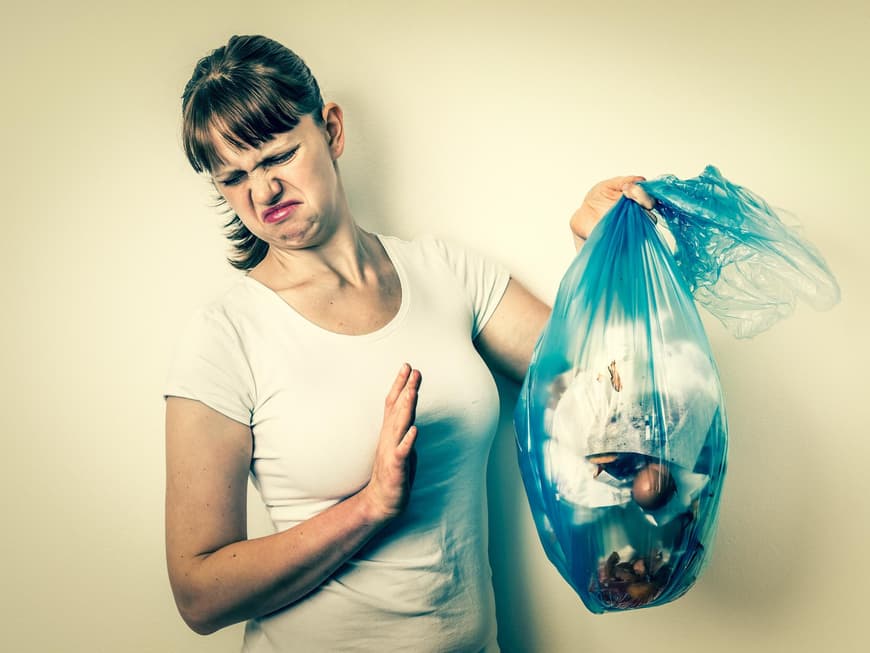
Separating is unnecessary
Not true, because the sorted waste is also processed separately. This works particularly well for glass and paper: over 80% is recycled. However, as the sorting machine cannot always filter out everything, we have to help.
Washing out cups
Yoghurt pots do not need to be washed out before being thrown into the yellow bag or recycling container. It is enough if they are "spoon clean". Anything else would be a waste of water.
Food waste in the toilet?
No, only toilet paper or dirty mop water belongs in the toilet. Soup, salad and the like only clog it up and attract rats. In addition, grease builds up in the pipes when flushing. Food waste belongs in the organic waste garbage can or the residual waste.
Used glass is ...
... thrown together anyway. Not true! Thanks to built-in walls, the waste is still separated in the refuse truck. Why? Because brown and white glass does not tolerate any foreign colors when it is melted down. That's why unclear, red, blue bottles and the like always go with the green glass.
Into the organic waste
Not everything that is natural necessarily belongs in the organic waste. Although every city has its own rules, ash, diapers and cat litter never belong in it. For reasons of hygiene, animal excrement also does not belong in the organic waste garbage can or on the compost heap. Everything should go in the residual waste.
Deposits are good
Are returnable bottles environmentally friendly? Yes and no. Only returnable bottles made of PET plastic or glass can be used several times. Thin disposable plastic bottles are melted down. Only a fraction is then reused.

